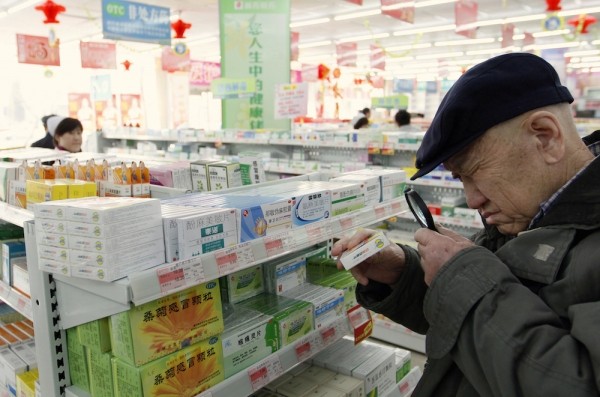Based on information from an anonymous government source on Monday, the Chinese government will hand down a highly anticipated policy on pharmaceutical medicines.
The China Food and Drug Administration (CFDA) is "actively working" on finalizing the document, which is expected to be released in January or February.
According to Andrew Chen, healthcare consultancy head, the government typically seeks "to improve quality of care for the masses and at the same time contain costs." Along such lines, the policy will open up the online prescription-drug marketplace, worth more than 1 trillion yuan ($161 billion), so that Web-based pharmacy operators like Alibaba Group Holding Ltd. and Wal-Mart Stores Inc. will be able to undertake business with consumers in China.
Prior to 2015, a lack of coordination and structure plagued the pharmaceutical market in China, which was where GlaxoSmithKline Plc was fined around $500 million in 2014 as part of a bribery case. Furthermore, policies that applied different regulations on hospitals and online retail outlets were in need of revision.
Until the new policy is implemented, hospitals supply around 70 percent of drugs to consumers. However, online pharmacies can only sell over-the-counter medicines, as well as products such as cough remedies and vitamin tablets. Under the new policy, consumers will be able to engage in transactions with online pharmacies such as Alibaba Health Information Technology Ltd. and JD.com Inc.
Chief financial officer at China Jo-Jo Drugstores Inc. Frank Zhao said to reporters on Monday that the CFDA was finalizing a "final list" of the medications that can be sold online. Business-to-business (B2B) sales are expected to form the majority of the initial trade, and Deutsche Bank estimates that the market niche is worth between 300 billion yuan and 800 billion yuan.
Consumers are also expected to benefit from the new policy framework, as online medicines may be up to 10 percent cheaper.




























